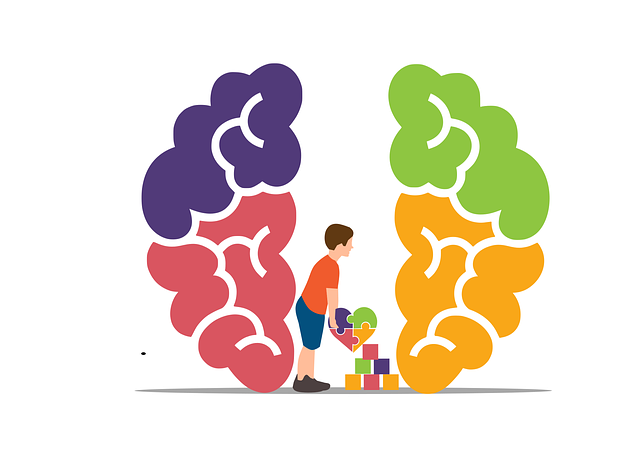Parker ERPT (Exposure and Response Prevention Therapy) is an effective, evidence-based trauma support service combining CBT and exposure therapy. This structured approach helps individuals safely confront traumatic memories, learn new response strategies, and reduce anxiety/avoidance behaviors through social skills training and journaling. Early intervention with services like Parker ERPT mitigates trauma's long-term effects, promotes resilience, and paves the way for Mental Wellness Coaching Programs, enabling individuals to manage their recovery actively.
Trauma support services are vital in helping individuals navigate the complexities of post-traumatic stress. This article explores effective strategies for providing comprehensive care, with a focus on Parker Exposure and Response Prevention Therapy (PERP) as a powerful tool. We delve into the implementation of best practices, emphasizing the significance of timely intervention. Understanding PERP’s role in exposure therapy can significantly enhance recovery outcomes, offering hope and healing to those affected by trauma.
From awareness to practical steps, this guide aims to equip professionals and support systems with knowledge to make a lasting impact.
- Understanding Parker Exposure and Response Prevention Therapy: A Cornerstone for Trauma Support
- Implementing Effective Trauma Support Services: Strategies and Best Practices
- The Impact of Timely Intervention: Why Early Access to Trauma Support is Crucial
Understanding Parker Exposure and Response Prevention Therapy: A Cornerstone for Trauma Support

Parker Exposure and Response Prevention Therapy (ERTP) is a highly effective approach in trauma support services. This evidence-based method, developed by Dr. Steven Parker, focuses on helping individuals confront and manage traumatic memories and triggers. By gradually exposing patients to distressing events and teaching them new response strategies, ERTP facilitates a significant reduction in anxiety and avoidance behaviors associated with trauma.
The therapy combines elements of cognitive behavioral therapy (CBT) and exposure therapy, emphasizing the importance of preventing or reducing unwanted responses to traumatic reminders. Through structured procedures, individuals learn to tolerate their distress, gain control over their emotions, and develop healthier coping mechanisms. Additionally, social skills training and mental wellness journaling exercises are often integrated into the process to enhance emotional well-being promotion techniques, fostering a holistic recovery experience.
Implementing Effective Trauma Support Services: Strategies and Best Practices

Implementing effective trauma support services requires a multi-faceted approach that combines specialized therapy techniques and public awareness campaigns. One proven method is Parker Exposure and Response Prevention (ERP) Therapy, which helps individuals confront and manage traumatic memories by gradually exposing them to triggers in a safe environment. This process allows patients to reprocess their experiences and develop healthier coping mechanisms.
Beyond individual therapy, Public Awareness Campaigns Development plays a crucial role in breaking down stigma associated with trauma. Educating the public about emotional regulation strategies and available support services empowers individuals to seek help earlier and promotes anxiety relief. By integrating these best practices, communities can create a more supportive environment for those healing from traumatic events.
The Impact of Timely Intervention: Why Early Access to Trauma Support is Crucial

Timely intervention is a cornerstone of effective trauma support. When individuals experience traumatic events, their mental and emotional well-being can be significantly impacted. Early access to specialized support services can play a pivotal role in mitigating long-term consequences and fostering resilience. Research highlights that prompt intervention, such as Parker Exposure and Response Prevention Therapy (EPRT), can help individuals process and overcome trauma more effectively.
By addressing the issue early, support services enable people to develop healthy coping mechanisms and enhance their self-esteem. This proactive approach not only reduces the risk of developing severe mental health conditions but also paves the way for the development of Mental Wellness Coaching Programs. Such programs can further empower individuals to take charge of their recovery journey and maintain optimal Mental Wellness in the long term.
In conclusion, trauma support services are essential for fostering healing and resilience among individuals who have experienced traumatic events. By understanding and implementing effective strategies, such as Parker Exposure and Response Prevention Therapy (ERTP), professionals can provide timely interventions that significantly impact positive outcomes. Early access to quality trauma support is crucial in mitigating long-term effects and empowering individuals to reclaim their lives.














